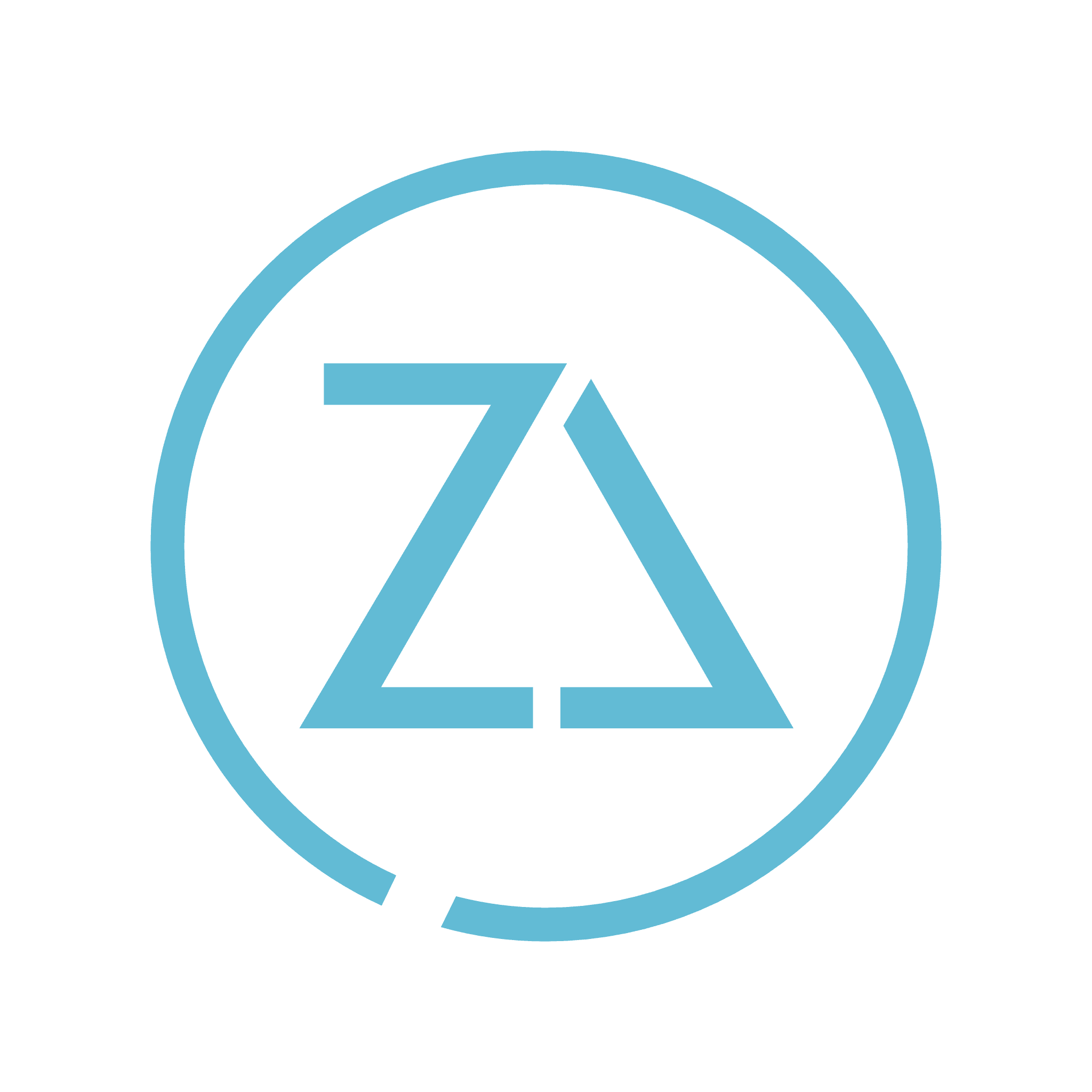Are You Seeing Lower Reach With Your Facebook Posts? It's About To Get Worse.
ZenChange
·
Dec 1, 2014
Last week the Wall Street Journal published an article entitled "New Facebook Rules Will Sting Entrepreneurs" about the social media giant's plans to significantly reduce visibility of unpaid business page posts in the feeds of their followers (read full article here). In fact, you may have already noticed a significantly declining reach in your posts over the past several months. You may have been wondering if your followers no longer find you interesting or just don't love you any more. Rest assured, it's not you.
Not everyone is aware that just because you follow a business page on Facebook, and something is posted to that page, doesn't mean that the post will actually show up in your feed. "What? But I thought this was an opt in community?," you say. True, but Facebook uses a secret algorithm to prioritize what shows up in your news feed since daily there are about 1500 posts which could show up in our News Feed and Facebook research shows that they need to narrow this down to the top 300 for you. According to Facebook "The goal of News Feed is to deliver the right content to the right people at the right time so they don’t miss the stories that are important to them. Ideally, we want News Feed to show all the posts people want to see in the order they want to read them.
- How often you interact with the friend, Page, or public figure (like an actor or journalist) who posted
- The number of likes, shares and comments a post receives from the world at large and from your friends in particular
- How much you have interacted with this type of post in the past
- Whether or not you and other people across Facebook are hiding or reporting a given post"
Part of the reason your posts are reaching fewer of your followers is simply traffic congestion. With more and more activity on Facebook, the likelihood of you making the top 300 is declining. Facebook has about 25 million small business company pages. As a business, the impact has been particularly significant for another reason. Facebook sells advertising to promote your posts. As a public company, they have a profit motive, just like any other public company, with pressure from shareholders to continue to grow their bottom line. And unlike Google, who has always approached organic search with integrity, clearly distinguishing paid advertisements in your search results (the ads you see across the top and right side of your search result pages), Facebook has chosen to simply prioritize paid advertisers in your feed. So while you'll still see pictures posted from your cousin's wedding, unless your local ballet school pays to promote their post about parent observation week, you likely won't see it.
That said, many companies are seeing good success advertising on Facebook. When you think about how much Facebook knows about you, it's easy to see how incredibly targeted an ad can be. Not only can you target by geography and demographic, but by the hashtag topics people like. You can include a photo (use a large one to increase the size of your ad) and a link (recommended to track conversion). Like Google Adwords, you can start out cheap, with the minimum being $1/day. Keep in mind that being a social network, people typically go to Facebook to learn about a company, see what they're all about and potentially engage with them. They at least want to see what kind of information that company shares and how recent it is. If you see that their last post was a month ago and received very little engagement, how likely are you to post a comment? So while an ad on Google may be a way to catch the attention of someone who does not see what they are looking to buy in the first page of an organic search, an ad on Facebook may be a better fit for a brand awareness campaign since, like radio or television, it is essentially an invasion into a consumer activity with another intent. But Google ads are becoming quite competitive so many companies are choosing to keep a basic Google adwords presence but invest more in Facebook advertising.
Either way, there are two rules about advertising.
To dabble is to throw money away. Whether you are taking out a magazine ad or an online ad, research shows that it takes repeat impressions to generate consumer action. And repeat impressions require enough of an investment to make a difference in purchase conversions.
To fail to test is to throw money away. If you can't see the specific return on your advertising investment in terms of new customers acquired and how much they spend with you then don't spend a dime on advertising. If you do decide to advertise then either partner with a good digital marketing agency or make sure you have the skills in house to perform and assess testing of your ads. You also need to know the lifetime value of different segments of clients for you (ZenChange can help with that), since clearly you would not want to spend more on acquiring a new client than the profit you would expect to receive from them.
What can you do if you decide not to advertise on Facebook right now?
Several of our clients aren't ready to take this step and that's OK. Remember that word of mouth is still your best friend (there are still successful companies who do not advertise, such as Dr. Bronner's) and there are several ways to engage. Here are my top 10 suggestions on engaging socially online with your clients and prospects as a small business owner if you choose not to advertise:
On Facebook, when your business posts something particularly important (such as your newsletter or an event announcement), "Like" it from your personal page and ask your friends to do the same (note that if your Facebook business page sits under your personal account then you'll actually need to re-post). Remember that you see in your feed what your friends have commented on and Liked.
Continue to be active on your Facebook page. Similar to your website, prospects will still check you out to validate what your business is about and if they don't see recent activity they will be less likely to engage.
Like or comment on every written post from a follower on your page. Do this quickly to show that you are responsive and monitoring your page.
Use other online and offline media to encourage people to Like your Facebook page. More likes and greater interaction is still a good thing.
Use "Facebook only" deals to encourage visits and let prospects know that you plan to do so.
Use interesting, original images and videos in your Facebook posts so when you do show up in someone's feed you will be more likely to capture their attention.
Run a public expert Q&A session on your Facebook page. Designate an hour or two when you will be monitoring your Facebook page to respond to questions on your areas of expertise. Promote this broadly outside of Facebook, encouraging people to like your page. Use email/text to count down to the time. And don't forget to "seed" the Q&A with some of your friends and colleagues to help get the conversation started. No one likes to ask the first question!
Don't forget Google+ and Twitter. Be just as active here to generate awareness.
Assuming your clients opt in, consider an automated text message solution but don't overuse it. Unlike other channels the vast majority of texts are read but they are highly invasive if they aren't adding value.
And my #1 recommendation - email! Still the one of the few online media where you control whether or not someone sees your message (at least your compelling subject line, assuming you didn't do something in your content to get caught by a spam filter). Just remember how crowded our inboxes tend to be so keep it brief, colorful, interesting and newsworthy.
There will be an educational shift required for social media users as at the moment the average person doesn't know that if they like your Facebook page they may not see your posts in their feed and really need to be on your newsletter list to reliably hear from you.
Business Strategy
Email Newsletter
Social Media







